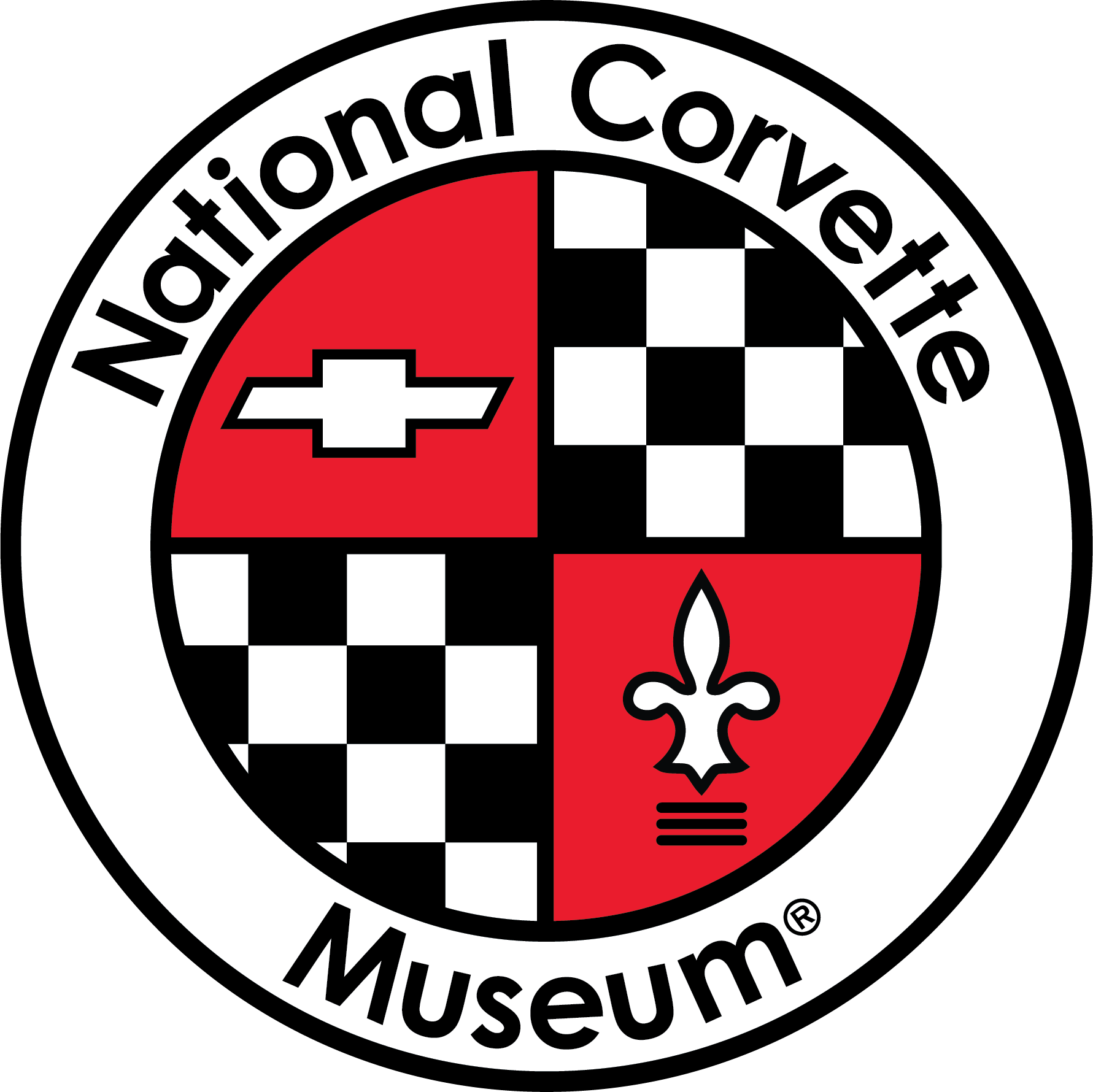The National Corvette Museum has announced the following inductees to be recognized as part of the 23rd Annual Corvette Hall of Fame Ceremony in 2020: Doug Fehan in the category of Racing; Henry Haga in the category of GM/Chevrolet; Dr. Mike McCagh in the category of Enthusiast; and Wendell Strode in the category of Enthusiast. These four individuals will be recognized with the highest honor bestowed by the Museum for their contributions to the past, present and future of Corvette.
The 2020 Corvette Hall of Fame recipients will be inducted into the Corvette Hall of Fame during a ceremony and banquet on Friday, September 4, 2020. Their induction will take place as part of the Museum’s 26th Anniversary Celebration September 3-5, 2020.
There are a few constants when it comes to Corvette Racing such as their never-give-up attitude, the emphasis on tech transfer, their loyal fanbase, and the bold, entertaining, intense and steady presence of Corvette Racing Program Manager, Doug Fehan.
Doug’s father took him to races as a boy, and in time he would begin racing too. As he got older, he would find work in the world of motorsports where he caught the attention of Herb Fishel, GM Racing Director. Chevrolet had been struggling with their road racing programs, so Herb asked Doug to observe their teams and come up with recommendations. After a year of going to every race, Doug submitted a report that was so insightful that Herb offered him the job of implementing those changes. Doug agreed and took over the Chevy Trans Am program for the Beretta, and then the Oldsmobile IMSA racing effort.
In 1996 Herb came to Doug with the mission of establishing a factory supported Corvette Racing team. His goal was to compete and win at Le Mans. Doug shared Herbs vision and the work began. Teaming up with Pratt & Miller, Corvette Racing would make its debut in 1999, capturing their first Le Mans win in 2001. Since then, they’ve won 107 races, 12 manufacturers championships, and 8 class victories at Le Mans.
All along Doug has emphasized that the most important members of the Corvette Racing team are the fans.
Henry Haga was born in Milwaukee, Wisconsin in 1931. His father was a contractor and wanted his son to follow in his steps, but Henry loved cars and wanted to do something connected to them instead. Before he could even get a driver’s license, he opened a savings account with the sole purpose of getting a car. While saving, he would sketch out pictures of his dream cars, and as time went on his drawings began to point to automobiles of the future.
His love for cars and the ability to draw them well eventually led him to Art Center College of Design to refine his talents. After that, he landed a position at General Motors working under Bill Mitchell, VP of Design in the experimental design studio. Henry would hone his skills working through the various studios, earning Mitchell’s trust and respect, eventually giving him entry into Mitchell’s secret “studio within a studio” where concept cars were developed.
In 1963 Henry became Chief Designer of Studio that worked on the Corvette, Camaro, Monza, show cars and early Chevy II. While he loved Corvette, he would closely follow the design trends of cars being built around the world. Known for giving his cars great proportions, his team followed that lead and developed some of the most stunning cars of that era.
Henry worked on the four-rotor Corvette as well, which would one day become the Aerovette. At a time when Design and Engineering departments were often at odds, Henry was liked by both Michell and Corvette Chief Engineer Zora Arkus-Duntov, which often had fantastic results. Jerry Palmer, who would one day become the Executive Director of Design, worked under Henry at that time. “Zora came up with the centrally mounted engine for the Aerovette,” Jerry recalls. “That drive train would make it to the Reynolds Aluminum Corvette, which almost made it into production. That was under Henry’s direction too, in the studio within the studio.”
Jerry remembers Henry fondly. “He was a great mentor, a great friend, and up until now, one of the unsung heroes of Corvette history. We lost him early in life, but while he was here, he impacted a lot of people in automotive design. Many of the cars in the Corvette Museum has his touch on them.”
The oldest of nine children, and the father of four, family time was important to Mike McCagh, and as his family grew, he always made family outings car outings. The kids would spend time with their dad putting ‘budget buy’ vehicles together. As his kids reached driving age, he would let them choose one of the cars in the ‘stable of budget buys’ as their own. Daughter Chrissy selected a 1950 Chevrolet Convertible, daughter Casey a 1949 Chevrolet, daughter Marcy a 1947 Chevrolet, and son Michael a 1957 truck. All vehicles are still owned to this day.
Though Mike was a dermatologist by trade, his passion was always cars. A Lifetime Member of the National Corvette Museum, he is also a recipient of the Lifetime Achievement Award from the National Corvette Restorers Society (and NCRS member number 14), a technical advisor for the Vintage Chevrolet Club of America, member of the Antique Automobile Club of America and a member of the National Oldsmobile Club. He has authored dozens of restoration and repair articles and received the Sam Folz Award, which recognizes the restoration, preservation and driving enjoyment of vintage Corvettes. He is one of only 21 members in NCRS history to receive this award.
Terry McManmon, a Corvette Hall of Fame inductee who was instrumental in founding the National Corvette Museum, shares how instrumental Mike’s support was when they were working to get the project off the ground. “Mike was one of the first to step up and support the idea of a Library and Archives when first proposed in 1984. As President of NCRS, he promoted this idea when it was still controversial, even among NCRS members. His support allowed us the earliest of funding to file our IRS 501(c)(3) papers.”
In fact, Mike’s Museum membership number is misleading. He was among those first in line but insisted on number 1957 due to his lifelong attachment to that year of Corvette.
Fellow collector and enthusiast Rick Hendrick echoes Mike’s dedication to the brand, “If one were to look up Corvette Enthusiasts in the dictionary, they are more than likely to see a picture of Mike. Those having experienced Mike’s enthusiasm, knowledge and dedication to the Corvette hobby over the years would certainly be supportive on Mike being inducted.”
In 1988, word had spread that the National Corvette Restorers Society had been exploring the idea of building a Corvette Museum. Wendell Strode, a banker at the time, contacted the local Chamber of Commerce with an idea to initiate a proposal to have it built in Bowling Green, Kentucky. He then found himself heading up a task force, bringing to the table an offer of a 30-acre land donation from private citizens, and a commitment from the State of Kentucky to put in the road and utilities. Strode also worked with the NCRS to put together a financial package that included a feasibility study to get banks interested in joining the effort.
The Museum opened Labor Day weekend 1994 with much fanfare, but the excitement was short-lived as it soon began experiencing financial troubles. Strode was recruited to join the National Corvette Museum as Executive Director on December 20, 1996. At the time, he had never even driven a Corvette and had only ridden in one once. While he didn’t know much about the car itself, what he did know was how to save its new home.
Strode worked to develop new strategies for generating funds, while making strides to repair strained relationships with the community, clubs, enthusiasts, media, the Plant, and GM. During his tenure, the Museum not only paid off its initial debt, but it nearly doubled its size, adding a world-class motorsports facility to its facilities. Under his leadership Museum membership grew from 1,600 enthusiasts to almost 36,000 members today. He even managed to survive a Corvette-swallowing sinkhole and helped to turn the attention it brought into a chance to share the Museum with a global audience.
The 2020 Corvette Hall of Fame recipients will be inducted during a ceremony and banquet held on Friday, September 4, 2020. Their induction will take place as part of the Museum’s 26th Anniversary Celebration, scheduled for September 3-5, 2020. Since its inception in 1997, 74 individuals have been inducted into the Corvette Hall of Fame for their contributions to the past, present and future of Corvette. Bios, photos, and videos (in many cases) of each are available on the Museum’s website.







